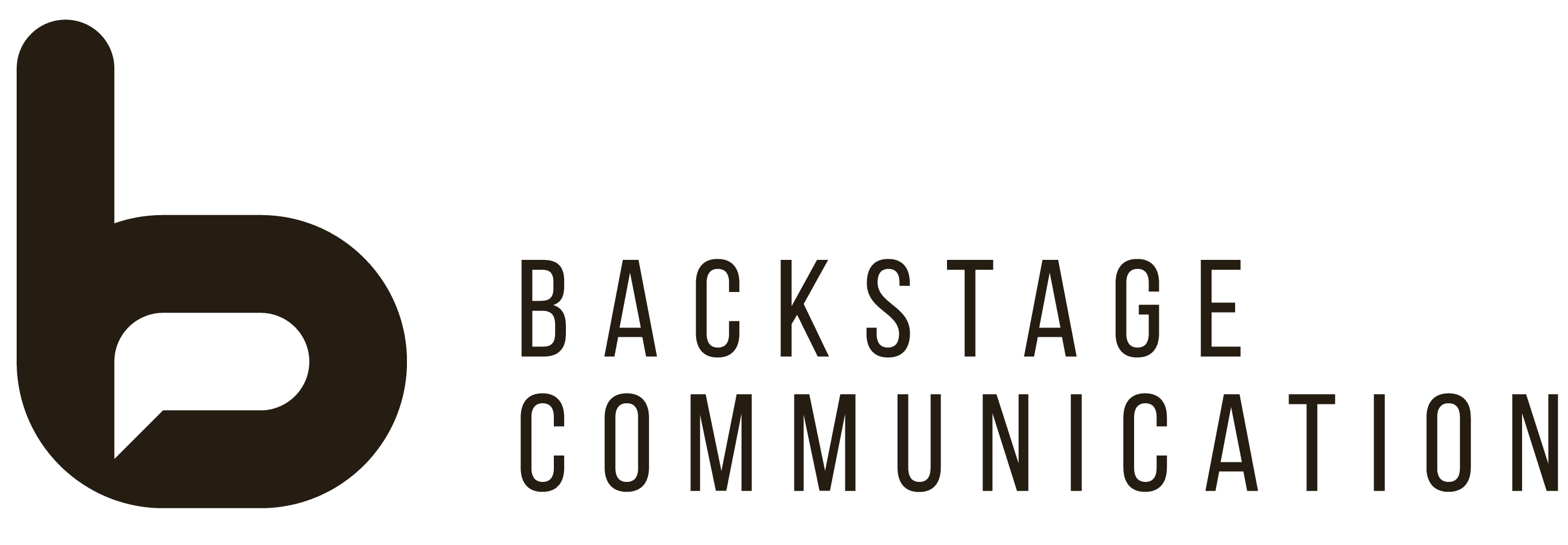Table of Contents
What is a crisis communication plan?
Think of a crisis communication plan as your business’s emergency response manual. It is a detailed guide that helps you communicate with everyone – customers, employees, and partners – when something goes wrong. Whether it is a financial hiccup, a PR nightmare, tech issues, or a natural disaster, having a plan ensures you can react quickly and clearly.
A solid crisis communication plan includes:
- Tools: What platforms and tools you will use to get the word out.
- Protocols & procedures: Clear steps for handling diverse types of crises.
- Key Contacts: Up-to-date info on who to contact and how.
- Predefined messages: Think about issues that might occur and prepare ready-to-use statements you can issue right away.
- Timing: Think about when to send out communications to keep everyone in the loop promptly.
- Stakeholder distribution lists: Make sure you have distribution lists ready enabling you to swiftly get messages out to the right audience.
- Predefined templates: Even in a crisis you need to stay professional, and the layout of your communications need to be impeccable. Have the right templates ready!
Having this plan means you are ready to tackle issues head-on, keeping your stakeholders informed and reassured.
Why is crisis communication important?
Crisis communication is all about being strategic with your messaging when things go wrong. The goal? Being proactive, fast, and detailed. A good crisis communication strategy, combined with a well-thought-out plan and the right tools, ensures your messaging is smooth and effective when it matters most.
Why you cannot skip a crisis communication plan
When a crisis hits, your reputation is on the line. How you communicate can either calm things down or fan the flames. Here is why you need a plan:
- Protect your reputation: Prompt, clear communication helps maintain trust with your stakeholders.
- Ease concerns: Accurate info reassures stakeholders and prevents panic.
- Stop rumors: Getting the facts out quickly helps stop false information from spreading.
- Business continuity: Clear protocols ensure everyone knows what to do, helping keep operations steady.
When will you need to use crisis communication?
Crises come in all shapes and sizes. Here are some common scenarios where a crisis communication plan comes in handy:
- Financial troubles: If you are closing stores or facing bankruptcy, clear communication with stakeholders is necessary.
- Staff issues: Whether it is controversial behavior by an employee or major staff shortages, a strike, keeping stakeholders informed helps manage expectations.
- Tech failures: If your website crashes or systems go down, let customers know what is happening and when things will be back to normal.
- Product issues: Whether it is a production error, recall or stock break, your customers need to be informed on what happened and receive clear instructions on what to do.
- Data breaches: Hacking, undeliberate sharing of personal information, people need to be informed by your company about what happened, the possible consequences and measures you are taking to limit the impact.
- Natural disasters: In events like earthquakes or health crises, updating safety protocols and procedures is critical, especially for healthcare-related businesses.
In short
Having a crisis communication plan is essential for any business that wants to navigate rough waters smoothly. It is all about being prepared and having a clear strategy so you can keep everyone informed, maintain trust, and steer your ship through the storm. Do not wait for a crisis to hit – get your plan in place now and be ready for anything! The Backstage Communication experts are more than happy to help!





